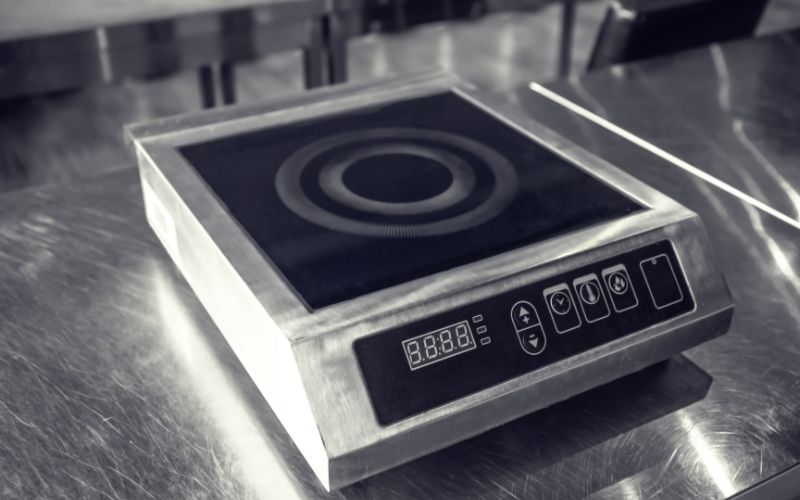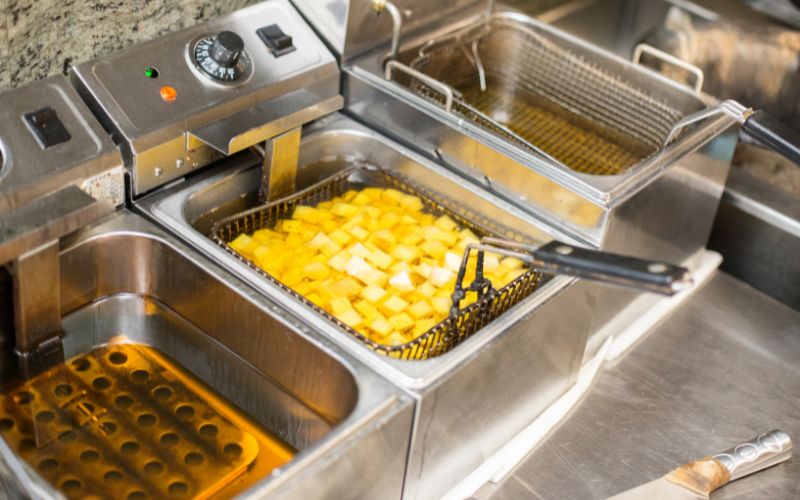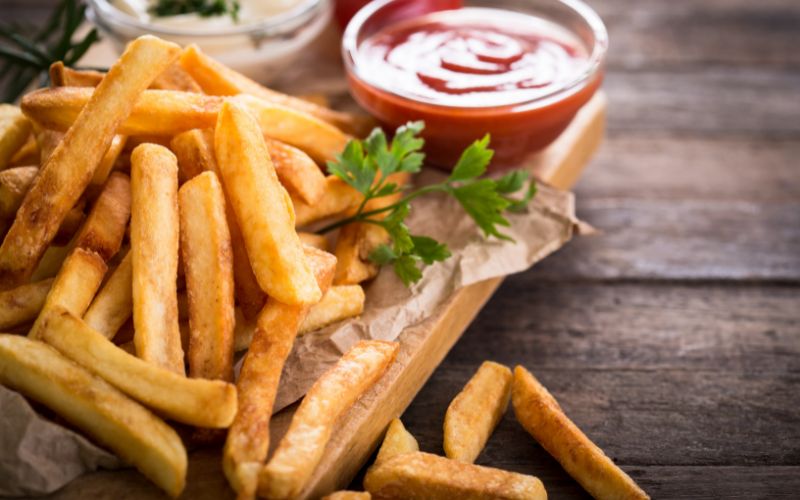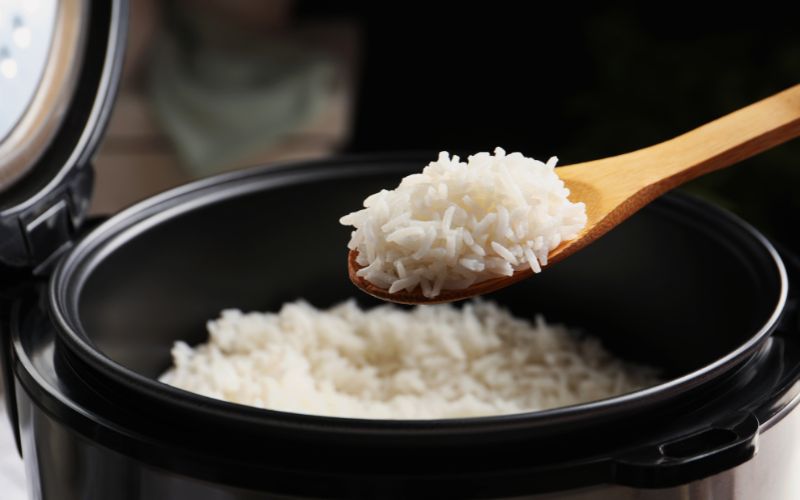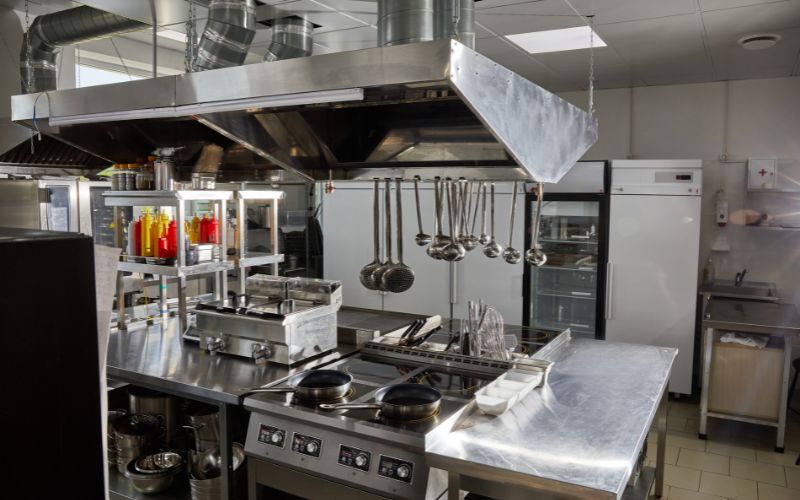The Ultimate Commercial Deep Fryer Buying Guide
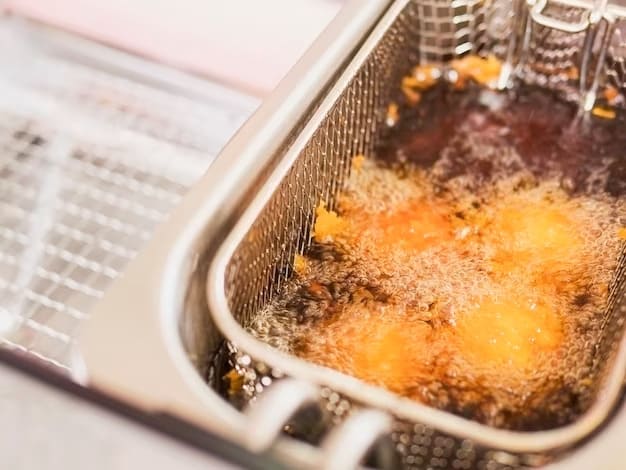

When it comes to running a professional kitchen, the choice of equipment can significantly impact the quality of your food, the efficiency of your operations, and, ultimately, your profitability.
One such critical piece of equipment is the commercial deep fryer.
Types of Commercial Deep Fryers
Before we delve into the details, let's start with the basics. Commercial deep fryers come in various types, each with its own set of advantages and disadvantages.
Understanding these types is the first step towards making the right choice for your establishment.
Countertop Fryers
Countertop fryers are compact and ideal for smaller kitchens or establishments with limited space.
They are convenient, easy to install, and perfect for businesses with moderate frying needs.
However, their smaller capacity might not be suitable for high-volume operations.
Floor-Standing Fryers
On the other hand, floor-standing fryers are more extensive, with greater frying capacity. These heavy-duty fryers are designed for high-volume commercial kitchens.
They offer more power and are capable of handling larger batches of food. However, they require more floor space and are typically more expensive.
Consider your kitchen's space constraints and frying volume requirements when choosing between countertop and floor-standing deep fryers.
Capacity and Size
Choosing the suitable capacity for your commercial deep fryer is crucial. Opting for a too-small fryer can lead to inefficiencies, while one too-large may save energy and space.
Here are some guidelines to help you determine the appropriate size:
- Calculate the volume of food you plan to fry regularly.
- Consider peak hours and demand fluctuations.
- Measure the available space in your kitchen.
- Account for the fryer's dimensions, including clearance for safe operation and maintenance.
Power Source
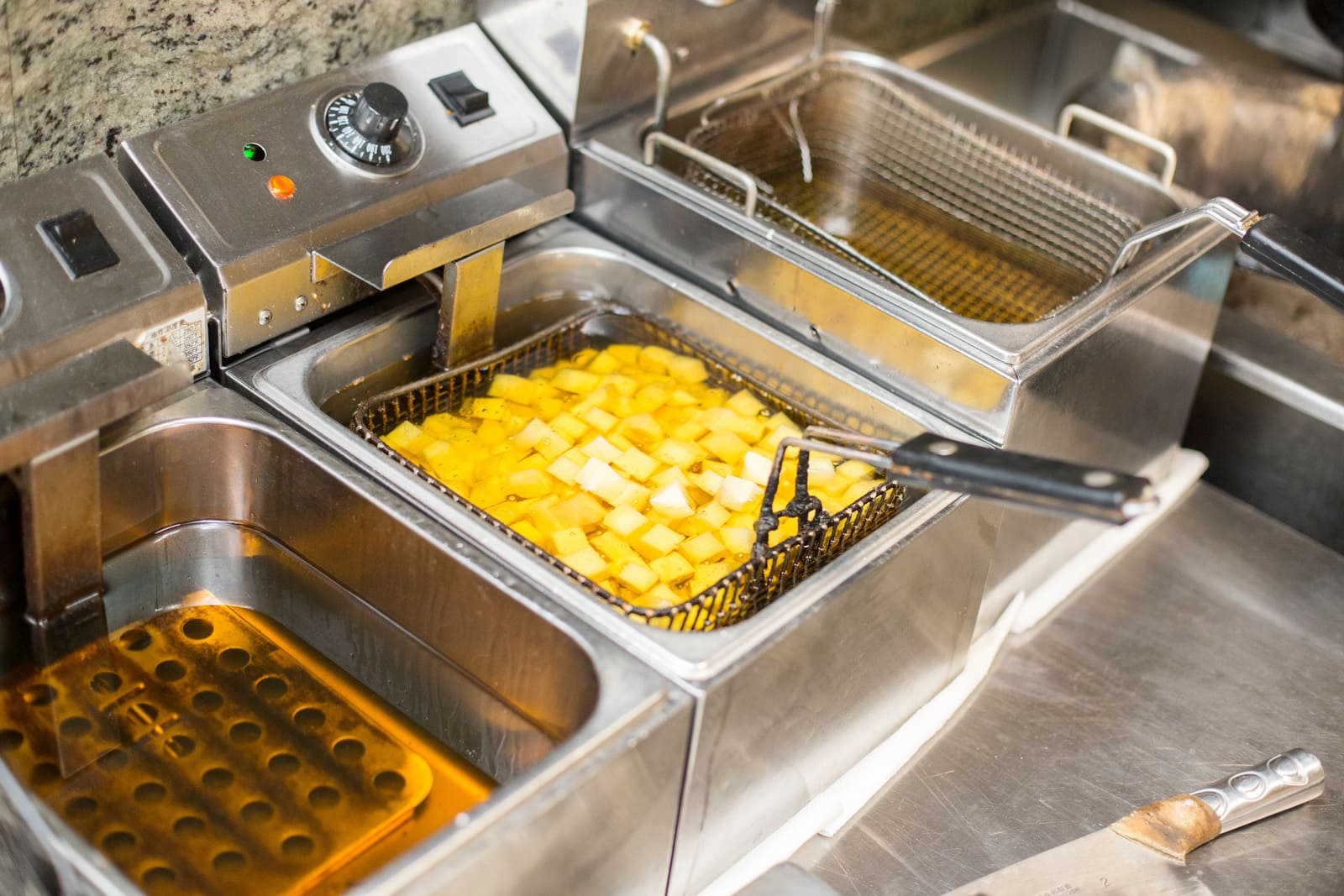

Commercial deep fryers can be powered by either gas or electricity. Your choice of power source should align with your kitchen's specific needs.
Gas Deep Fryers
Gas fryers are known for their rapid heating capabilities, ideal for high-demand kitchens. They are energy-efficient and often more cost-effective in the long run. However, gas fryers require professional installation and proper ventilation.
Electric Deep Fryers
Electric fryers are easy to install and offer precise temperature control. They are a good choice for kitchens with limited ventilation options. While they may have a slightly slower recovery time than gas fryers, their reliability and ease of use make them popular.
Consider your kitchen's infrastructure and energy requirements when deciding between gas and electric deep fryers.
Fryer Baskets and Configurations
The type of food you'll be frying plays a significant role in determining your deep fryer's ideal basket and configuration. Some fryers come with multiple baskets or compartments, allowing you to fry different items simultaneously.
Consider the shape and size of your food items and how they'll fit into the baskets. Efficient basket configurations can save you time and increase productivity.
Temperature Control and Thermostats
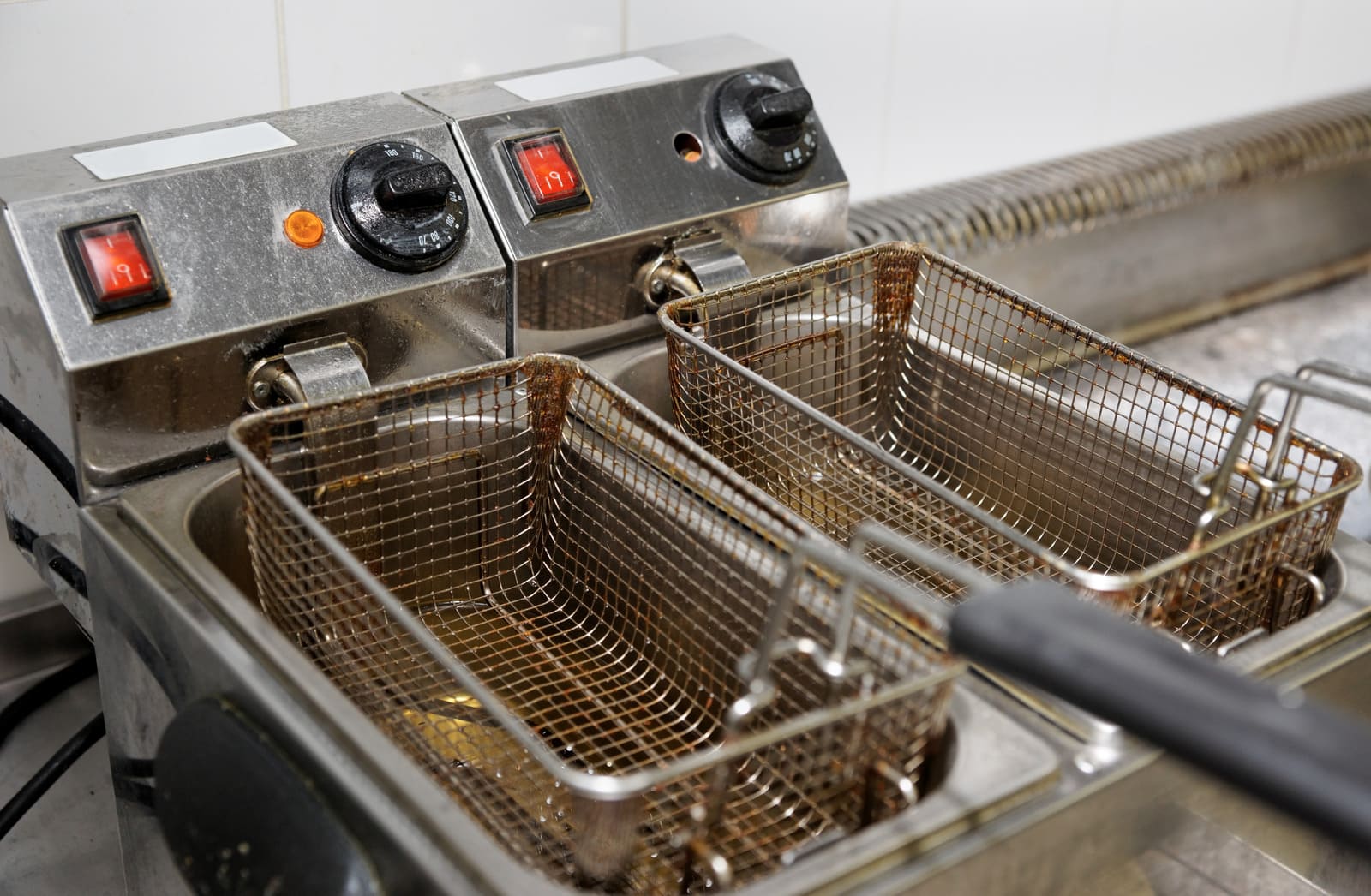

Precise temperature control is crucial in commercial fryers to ensure consistent and high-quality results. Commercial deep fryers typically come with either manual or digital thermostats.
Manual thermostats allow you to adjust the temperature settings manually, offering flexibility but requiring more attention.
Digital thermostats offer precise temperature control and may include programmable presets for different menu items.
Choose a thermostat type that best suits your kitchen's needs and the skill level of your staff.
Oil Filtration Systems
Investing in a deep fryer with built-in oil filtration systems can be a game-changer for your kitchen. These systems help extend the life of your frying oil, reduce operating costs, and maintain the quality of your fried food.
Safety Features
Safety should always be a top priority in a commercial kitchen. Look for deep fryers equipped with essential safety features such as:
- Automatic shutoff to prevent overheating.
- Temperature alarms to alert you to any fluctuations.
- Built-in fire suppression systems for added protection.
Brand and Warranty Considerations
Choosing a reputable brand for your commercial deep fryer is essential. Established brands often offer better warranties and customer support, giving you peace of mind in case of any issues or malfunctions.
Budgeting and Cost Considerations
While upfront costs are a significant factor, it's crucial to consider the total cost of ownership. This includes the purchase price, ongoing operating costs, maintenance, and energy consumption.
Regulations and Compliance
Before finalizing your deep fryer purchase, check local regulations and safety standards. Compliance with these regulations and obtaining necessary permits is essential to ensure a safe and legally compliant kitchen.
Conclusion
In conclusion, selecting the right commercial deep fryer is a decision that can impact your kitchen's efficiency, food quality, and bottom line.
Leading Catering Equipment is here to assist you in making the best choice for your establishment. Call or message us today for expert guidance and a wide range of commercial deep fryers.
Your kitchen's success begins with the right equipment; we're here to help you achieve it.

